Pakistan’s Islamic Dilemma
Fri, 13 Aug 2021 | Reading Time: 2 minutes
On the eve of 14th august 1947 two dominions were carved out from the United Kingdom, India, and Pakistan. India enacted its constitution on the 26th of November 1949 and became the Secular Republic on 26th January 1947, while the 1st constitution of Pakistan was enforced on the 23rd of March 1956 divulged Pakistan as the Islamic Republic. The obsession that Pakistani ministers and politicians have is not new, the history of Pakistan is paved with extremism and hatred towards other communities.
It was General Zia ul-Haq who introduced a severe strain of Islam into the Islamic Republic, the effects of which are still being felt today. Pakistan’s controversial blasphemy law as well as the amendment to the constitution that declares whether a politician is ‘Sadiq and ‘Ameen (honest and truthful), which was used to disqualify former prime minister Nawaz Sharif last year, stems from this period.
From time to time the sentiments of radical Islam have been used by Pakistani politicians and Military leaders to achieve their political and personal goals. In 2021 when geopolitical scenarios have been changed, the Islamic Republic of Pakistan struggling with its own ideologies and agendas. Recent negotiations with Tehreek-e-Labbaik Pakistan (April 2021) show how this strain of radical Islam can affect its foreign policy, where protest of Tehreek-e-Labbaik Pakistan hampered Paris-Islamabad ties.
Pakistani Army and politicians selling this narrative of Ghazwa-e-hind and Muslim Ummah to their citizens, which is biting them in the back. With American and NATO forces withdrawing from Afghanistan, the situation around the Wakhan corridor and Durand line is creating a feeling of disquietude in Islamabad and especially in the GHQ Rawalpindi. In the late 1970s during the Afghan-Soviet war, strains of refugees were admitted to Pakistan (Mostly in the region of Khyber Pakhtunkhwa). With Pakistani politicians supporting the Taliban on one hand, the Pakistani Army realizes the threat that the return of the Taliban poses for Pakistan.
For starters, a close connection exists between Tarik-i-Taliban Pakistan and the Afghan Taliban. It is no secret that the Pakistani Taliban and Afghanistan Taliban both do not recognize the demarcation of the Durand line. Afghanistan Taliban talks about greater Afghanistan which includes the areas from Pakistan as well. Pakistani Taliban wants to see Sharia Law in the country. As Mr Shushant Sareen in his article, “Pakistan’s Pashtun Problem” stated that “The Deoband school to which the Taliban belong opposed partition of India, not because of any composite culture or Indian nationalism, but because ideologically it was opposed to dividing Islam on basis of national boundaries.” This posed serious concerns with Pakistan Army. Normal Pakistani awam has nothing to do with these conflicts but still, they are emphasizing the core Islamic ideologies that have been presented by their corrupt politicians to achieve their political aims.
Whether it’s Kashmir or Kabul, Pakistan has achieved nothing but long-lasting conflicts. With slogans of ‘lar-ao-bar’ from the Pashtun side, Pakistani Taliban is destroying CPEC and Pakistani dreams, and resulting in a possible Afghanistan Refugee Crisis. The Islamic Republic of Pakistan is facing its worst Islamic dilemma since its independence.
Disclaimer
The opinions expressed in this article are the author’s own and do not reflect the views of Chanakya Forum. All information provided in this article including timeliness, completeness, accuracy, suitability or validity of information referenced therein, is the sole responsibility of the author. www.chanakyaforum.com does not assume any responsibility for the same.
Chanakya Forum is now on . Click here to join our channel (@ChanakyaForum) and stay updated with the latest headlines and articles.
Important
We work round the clock to bring you the finest articles and updates from around the world. There is a team that works tirelessly to ensure that you have a seamless reading experience. But all this costs money. Please support us so that we keep doing what we do best. Happy Reading
Support Us




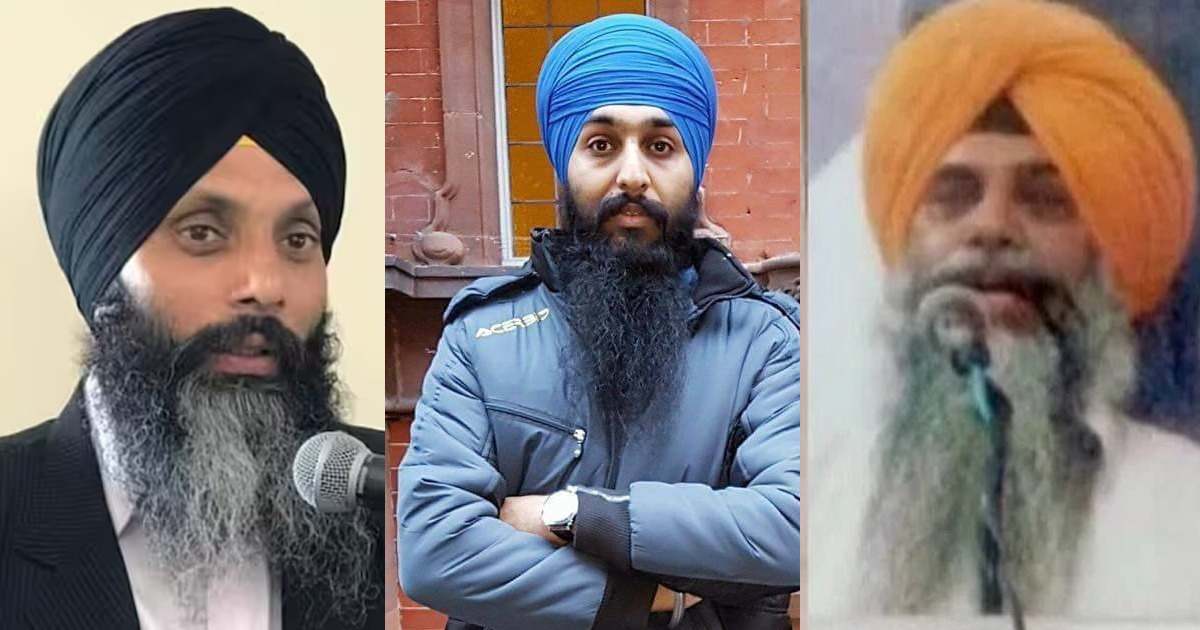
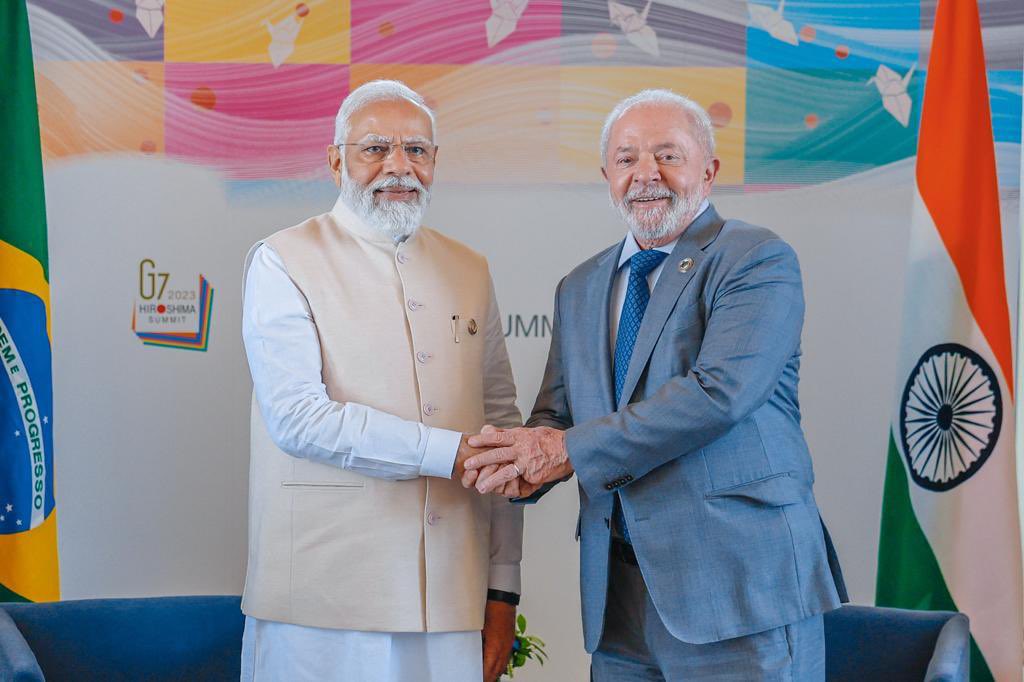

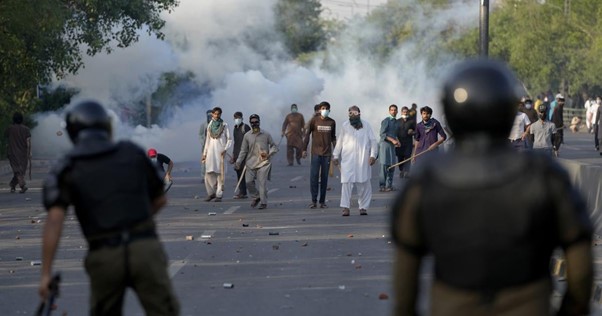

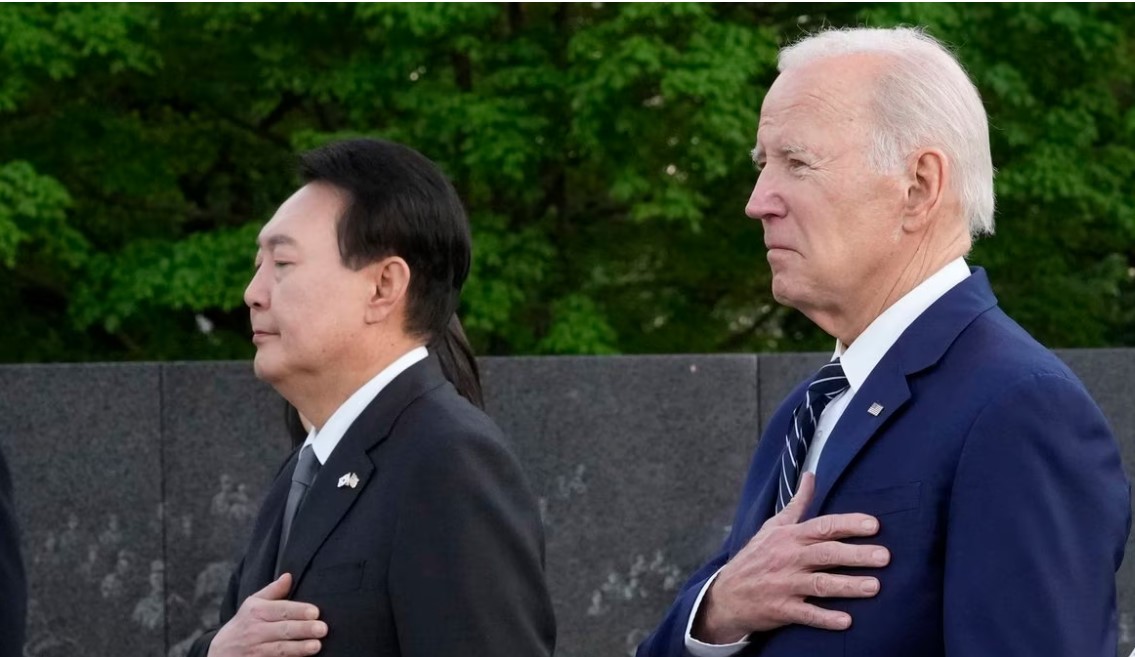

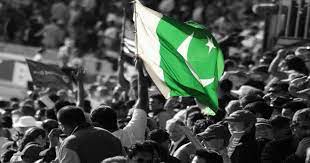
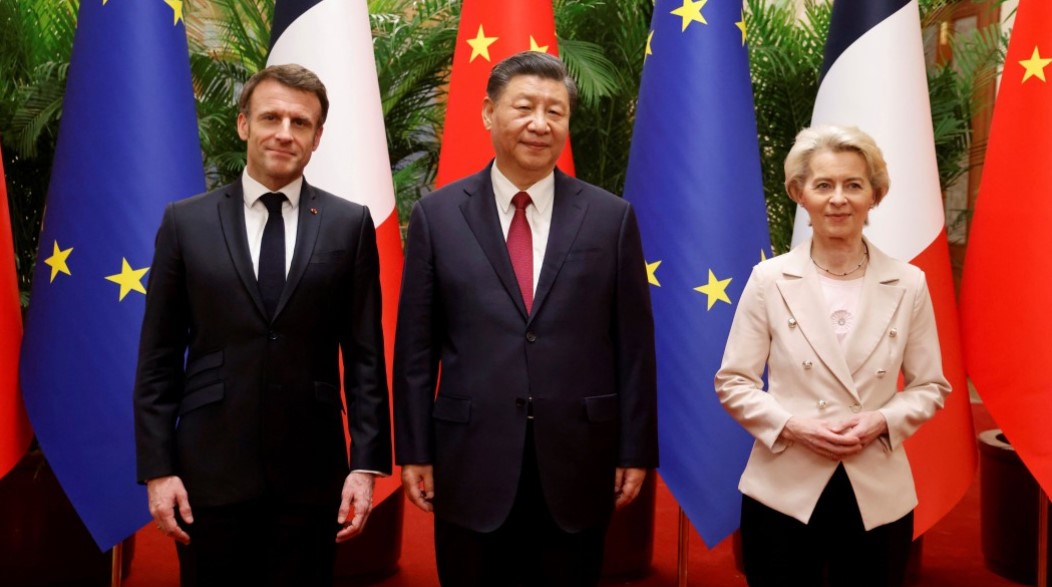







POST COMMENTS (4)
Omkar K
Tanmay kulkarni
Puru Shah
VISHWANATH KUDALKAR